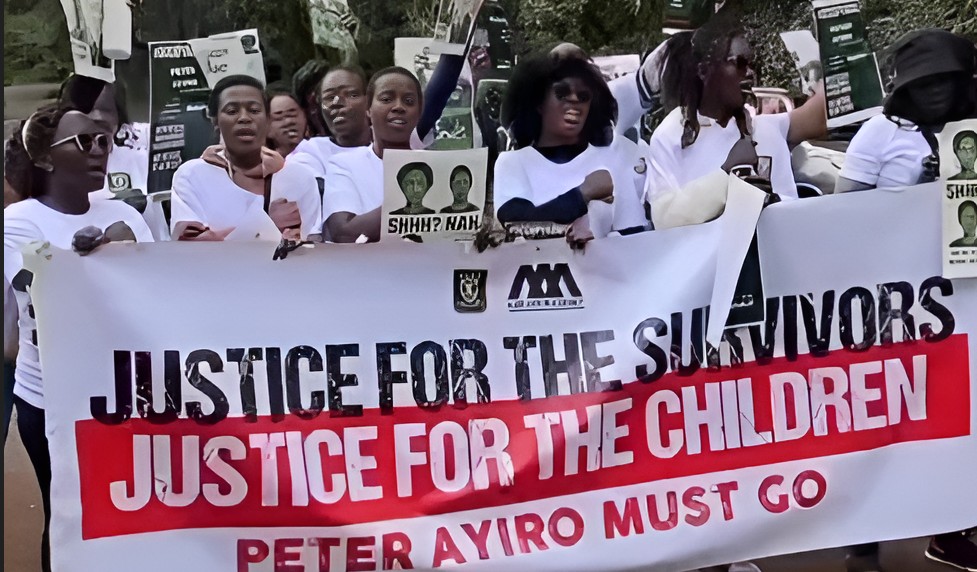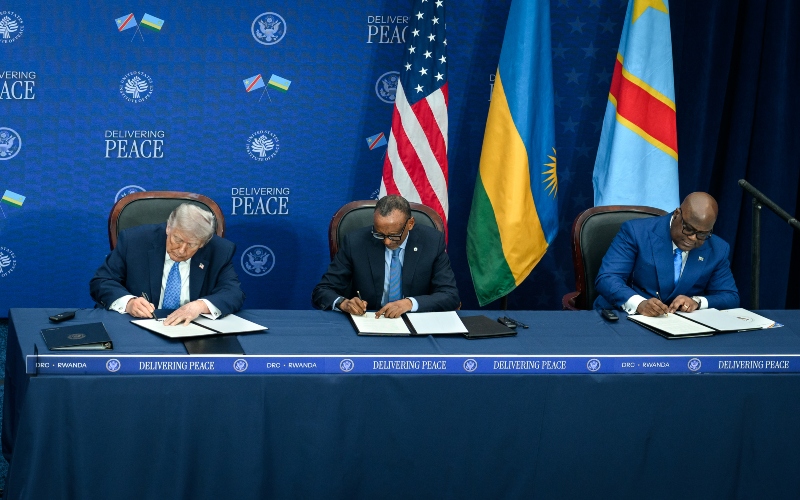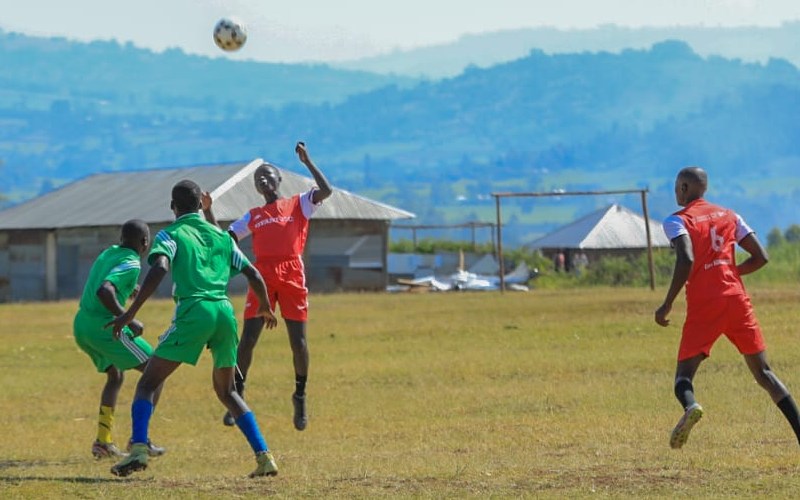Nearly 90 per cent of teachers deregistered for misconduct in Kenya are men, TSC data shows

Between 2019 and 2024, the Teachers Service Commission deregistered 470 teachers, 419 of whom were male, five female, and 46 whose gender was not specified.
Nearly 90 per cent of teachers deregistered for professional misconduct over the past five years were men, according to data from the Teachers Service Commission (TSC).
Between 2019 and 2024, the commission deregistered 470 teachers, 419 of whom were male, five female, and 46 whose gender was not specified.
More To Read
- Parliament to debate Bill ending private settlements in SGBV cases
- TSC faces Sh5 billion shortfall as teacher promotions stall
- MPs ditch SHA, the public health scheme they once praised, and opt for private cover
- TSC extends junior school internship contracts by another year despite growing unrest
- MPs propose part-time roles for TSC chair, commissioners to save Sh70 million annually
- Home Science hit hard as teachers exit for lucrative private ventures - TSC director
In the most recent list published by the TSC, 32 of the 33 deregistered teachers were male — a troubling continuation of what appears to be a deeply rooted pattern of misconduct disproportionately involving male educators.
Teachers can be deregistered for a range of reasons, including immoral conduct, criminal convictions, fraud, and other forms of professional misconduct.
However, the sexual abuse of learners — particularly by male teachers — has increasingly emerged as a leading cause.
Under Section 30 of the Teachers Service Commission Act, 2012, the TSC is required to publish the names, registration numbers, and removal dates of all deregistered teachers. This measure is intended to inform the public and prevent those barred from teaching from being hired in any learning institution.
Alliance Girls case
The issue has resurfaced in the national spotlight following disturbing allegations at Alliance Girls High School, where a male teacher is accused of grooming and sexually exploiting students over several years.
The allegations came to light through an exposé by Africa Uncensored, which was prompted by concerned alumni. The exposé accused the teacher of abusing his spiritual influence, hosting private dinners, and grooming students as far back as 2018.
According to the investigation, more than two dozen former students, teachers, and staff contributed over 60,000 words of testimony. Their accounts revealed a long-running pattern of misconduct allegedly protected by school leadership and a culture of silence.
Former students described the accused teacher, Peter Ayiro, as charismatic and spiritually authoritative — qualities that allowed him to gain unusual emotional access to students and allegedly engage in inappropriate, non-consensual relationships.
Last week, a group of alumni staged a peaceful protest, demanding Ayiro’s immediate arrest and prosecution. They vowed to persist until justice is served.
In response to the growing outcry, Basic Education Principal Secretary Julius Bitok called for Ayiro’s swift arrest and reaffirmed the government’s zero-tolerance stance on sexual misconduct in schools.
“The government will not allow such behaviour in our institutions. Teachers are supposed to protect, not prey on, learners,” Bitok said.
Serious charges
Commenting on the legal implications of the case, lawyer Dunstan Omari said the teacher could face serious charges under the Sexual Offences Act, which outlines strict penalties for offenders in positions of authority.
“Section 24 of the Act addresses individuals in positions of authority over a child. In this case, the teacher had authority granted by his employer, the TSC, over learners. If it’s established that he made sexual advances by virtue of that authority, he faces a minimum of 10 years in prison,” Omari explained.
He further stated that if the suspect is found to have transmitted any sexually transmitted infections—such as HIV, gonorrhoea, or syphilis—the case would fall under Section 26 of the Act, which carries a sentence of 15 years to life imprisonment.
“Section 27 states that, if the suspect administered any stupefying substance with the intent to have sex with these girls without their consent, the minimum penalty is 10 years in prison,” Omari said.
He emphasised that for the investigation to proceed, complainants must report the matter to a police station, allowing the Directorate of Criminal Investigations (DCI) to record statements, collect samples and gather evidence.
Once the report is filed, the suspect is summoned to give a statement, and if sufficient evidence is gathered, they are arrested, charged, and prosecuted.
“Being a civil servant under the TSC, the teacher is bound by the Code of Regulations, which prohibits carnal knowledge of a minor or a student under one’s care. He or she will be interdicted, undergo disciplinary proceedings, and if found guilty, dismissed and permanently deregistered,” Omari noted.
He added that any teacher convicted of a sexual offence is automatically entered into a register maintained by the DCI and the Judiciary, making them ineligible for a certificate of good conduct and permanently barring them from future employment.
Top Stories Today











































